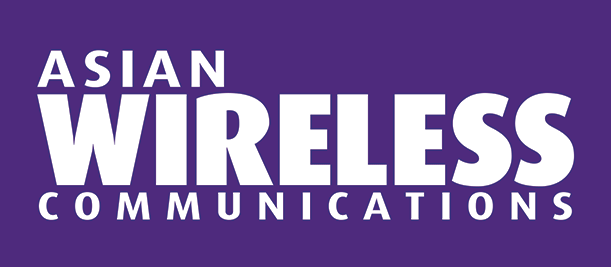09 November 2018

The diagram shows the test architecture used by the two companies.
Siemens has worked with critical comms specialist DAMM to successfully implement and test an open and interoperable TETRA packet data solution which complies with the demands for ETCS L2 (European Train Control System Level 2).
The tests were mainly focused on bandwidth requirements and the reliability of data delivery.
They were performed according to UNISIG Subset-093 (PS version) – the communication requirement specification for ETCS describing the worst-case conditions for ETCS communication.
Siemens decided to use packet data as this service is said to provide scalable and sufficient bandwidth for ETCS level 2.
Furthermore, unlike circuit-switch service, the data are fully interoperable between vendors of a train-borne OBU (onboard unit) and a wayside RBC (radio broadcast centre) along the rail track.
The partners say the tested solution provided two dimensions of interoperability – firstly, the interoperability between TETRA vendors who have completed interoperability tests for packet data; and secondly, the interoperability between OBU and wayside RBC vendors secured by the use of standard ETCS L2, which is also specified for GSM-R packet data.
Within the solution tested the standard was kept. The main change was the replacement of the GSM-R hardware with TETRA equipment.
In this way, the two companies say the safety integrity level was maintained between both the train-borne OBU and wayside RBC.
It’s claimed the test results proved that data transmission quality in both directions was always above requirements of the standard and that TETRA delivered equal or even better results than a GSM-R system.
Siemens Mobility spokesperson Sven Hagenbuck says: “Thanks to the easy integration based on a pure IP interface and the longer life time expectation of TETRA systems, this solution can be beneficial or an alternative wherever GSM-R is not mandatory due to authority regulations.”



